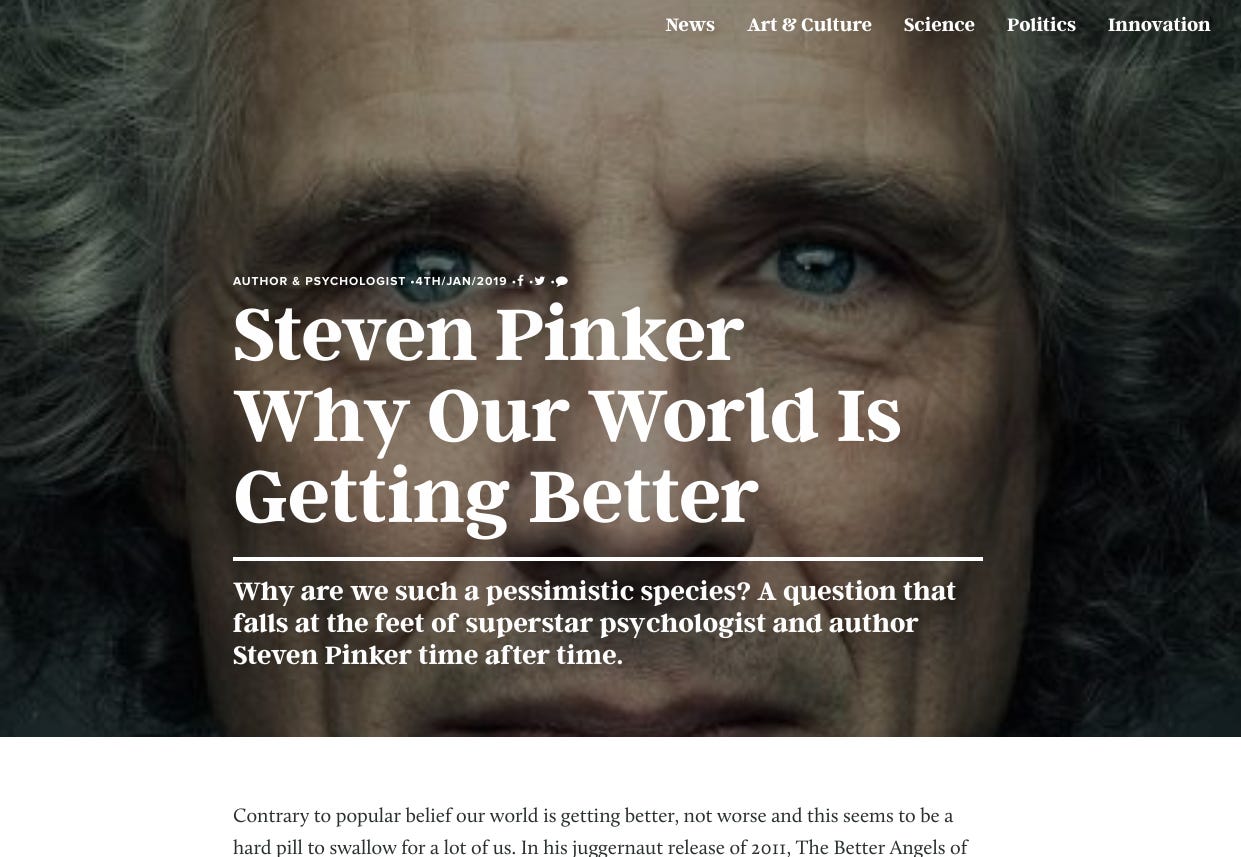About that Time I Ran for President
It takes a whole lot of creativity to find reasons to keep giving a sh!t nowadays...but give a sh!t we must.

In late 2019, I decided to run for the president of the United States. The pool of candidates at the time —Trump, Clinton, Biden, Warren, Sanders, et al —resembled a group of wealthy, bickering seniors on a bus tour. None of their bickering concerned the world’s most pressing economic, environmental, and social issues. None of them would be alive to feel the impacts of their policies . I naively thought if people could know me, they’d understand why I believed I could be president, even though my highest political post was as an indifferent student delegate at college.
My Youtube campaign videos never went viral. The public never got an opportunity to hear my message of reason-backed solutions and resilience in the face of seemingly hopeless challenges. They didn’t get to hear my qualifications, which are easily as relevant to the Office as Trump’s or Biden’s. Instead, my ex-wife used the videos as evidence of my lack of mental fitness, which set forth a chain of catastrophes I’m still dealing with. I believed I could change the world. I was labeled a nut.

My efforts to affect change were more quietly thwarted with my next effort, the Change Order Group (COG). Lacking the dismissability of an impromptu presidential run, COG was a supergroup of real estate pros I assembled for the mission of “preparing the world’s built environment for the economic, environmental, and social challenges of the 21st century and beyond'' —arguably the world’s most pressing technical challenge. Group members included the former Chief Economist at the Zillow Group, the head of design at WeWork, and other industry notables. Despite our firepower, we never got funding or jobs, largely because, I am quite certain, I’m known as someone who cannot be trusted to play ball with corrupt status quo stakeholders.
An interview with the City of San Jose, California’s Housing Department I gave while raising for Change Order Group.
My latest effort, Run Haus, a modest real estate play with massive ambitions, faces similar challenges. I’ve been actively developing and promoting Run Haus consistently for six months, and despite a lot of investor, industry, and public interest, and despite looking for a relatively modest raise amount, I have yet to secure funding to build a minimum viable product.
Contrary to Steven Pinker and other tenured techno-apologists, I don’t believe the world is better today than yesterday. The bulk of the world’s physical and economic structures are broken, diseased, and dying. Wealth and resources are being consolidated in the hands of the few, while multitudes go hungry or grow unhealthier and more antisocial with digital distractions. The dominant belief —manifested in Ukraine, widespread poverty, COVID, climate inaction, and tech-enabled solipsism —is that humans are a hopeless species.

So why bother trying?
Minister Jim Wallis said, “Hope is believing in spite of the evidence, and then watching the evidence change.” What this suggests is that belief shapes evidence, not vice versa, and that evidence change is not instantaneous. So I bother on, because:
I believe life is good and worth preserving, particularly mine and my kids, but probably yours, too.
I lack sufficient evidence of humanity’s complete hopelessness. Sometimes, that doubt is enough.
There’s nothing better to do.





